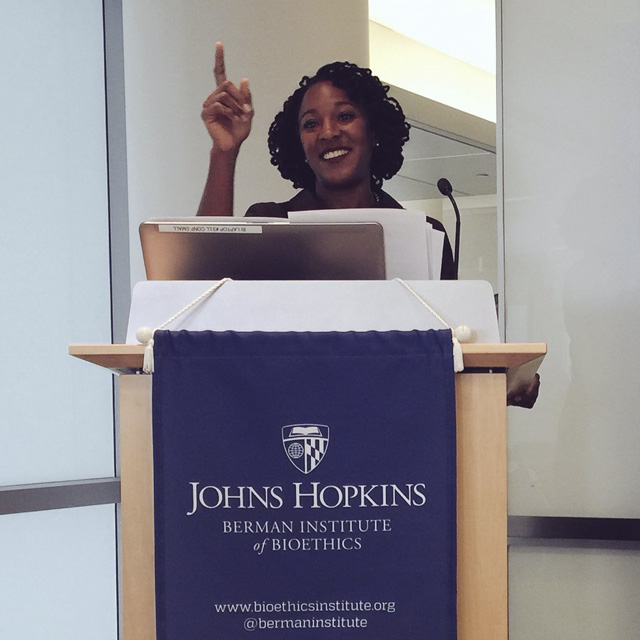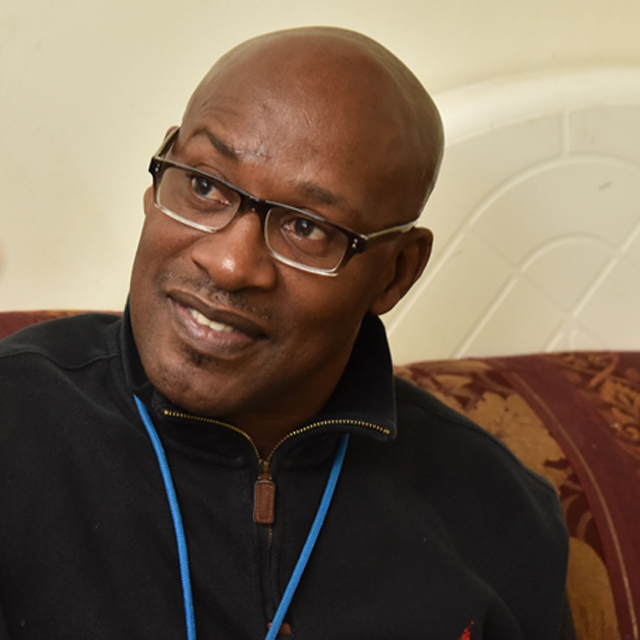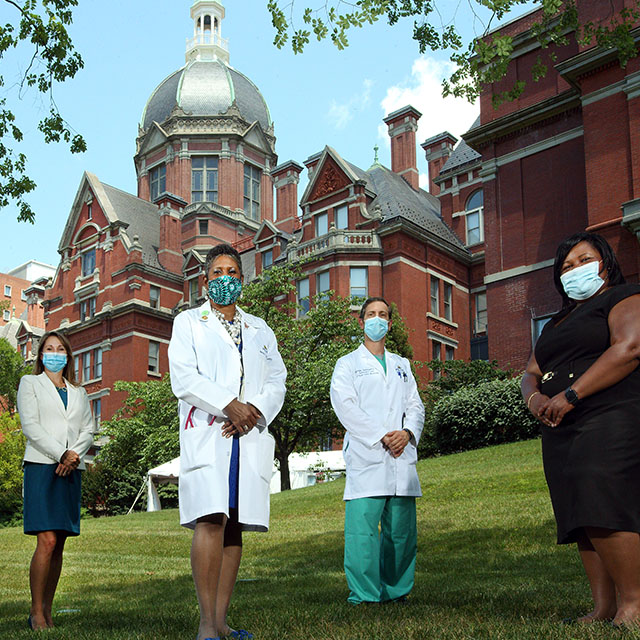Sherita Golden, vice president and chief diversity officer for Johns Hopkins Medicine, remembers walking into a patient’s room back when she was an intern. She wore a white coat, with a stethoscope peeking out of her pocket.
“I’m so glad you’re here,” the patient said. “I have been waiting all day for the TV lady. I can’t get the remote control to work.”
While Golden stood speechless, the patient’s daughter, also in the room, piped up: “Mom, she’s your doctor!”
That bystander intervention early in Golden’s medical career instantly dispelled tension and resolved the situation. Thinking back on it now, Golden, the Hugh P. McCormick Family Professor of Endocrinology and Metabolism, says she wishes she had thought to deflect the misperception, saying something like, “I’m your doctor, and you wouldn’t want me to fix your television because that’s not what I was taught to fix.”
While COVID-19 is a key factor influencing medical education in this moment, it’s not the only one. The summer of 2020 has also been defined by nationwide protests following killings by police of unarmed Black men and women, including George Floyd and Breonna Taylor. At the same time, Black and Latino people are disproportionately harmed by COVID-19.
New Curriculum
The Johns Hopkins University School of Medicine has long addressed issues of race and equity in its curriculum. It is now adding a three-year program that will teach students and trainees how to address unconscious bias and recognize structural racism in their treatment of patients and their interactions with colleagues.
The goal is to remove barriers that keep people in Johns Hopkins and the surrounding communities from achieving their full health and career potential.
In the next 18 months, all faculty, students, trainees, postdocs and fellows will be required to complete a virtual training session in unconscious bias. It will be followed by anti-racism and then bystander intervention training.
“Everyone wants to jump straight to anti-racism training because it’s a new sexy term, but there’s a process to getting there,” says Golden. “We need to start by understanding that we all have biases and recognizing racism in all of its forms.”
Golden’s office will collaborate with the Johns Hopkins University Office of Diversity and Inclusion and Partners for Racial Equity consulting to develop a series of town halls about structural racism, particularly how it manifests itself in health care and the workplace, she says. Partners for Racial Equity will also support Johns Hopkins Medicine in scaling its diversity train-the-trainer program.
A third component of the new curriculum will be bystander intervention training, which helps people confront racism as it is happening. For example, patients sometimes say disparaging things about the clinicians caring for them.
“If a patient says something inappropriate to staff,” Golden says, “it’s important for the supervisor or peer standing by to speak up, to say, ‘I would trust this nurse with a member of my family.’ We will teach people how to do that, give them the tools.”
Jessica Bienstock, associate dean for graduate medical education, says unconscious bias training became a requirement about a year ago for residency program directors. “The damage done to a trainee when a faculty member says nothing is tremendous,” she says. “It causes permanent scarring that can influence their confidence and careers. The workshops show faculty members how to step in and step up.”
She welcomes the expansion to students and trainees. “This is a defining time in medicine,” she says. “It needs to be our goal that the culture of medicine is one that promotes both professional equity and health equity.”



